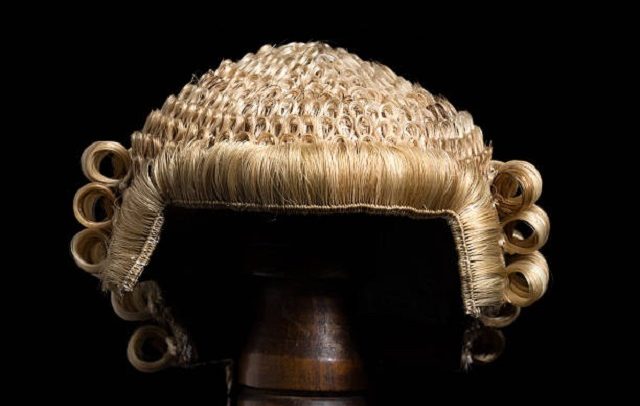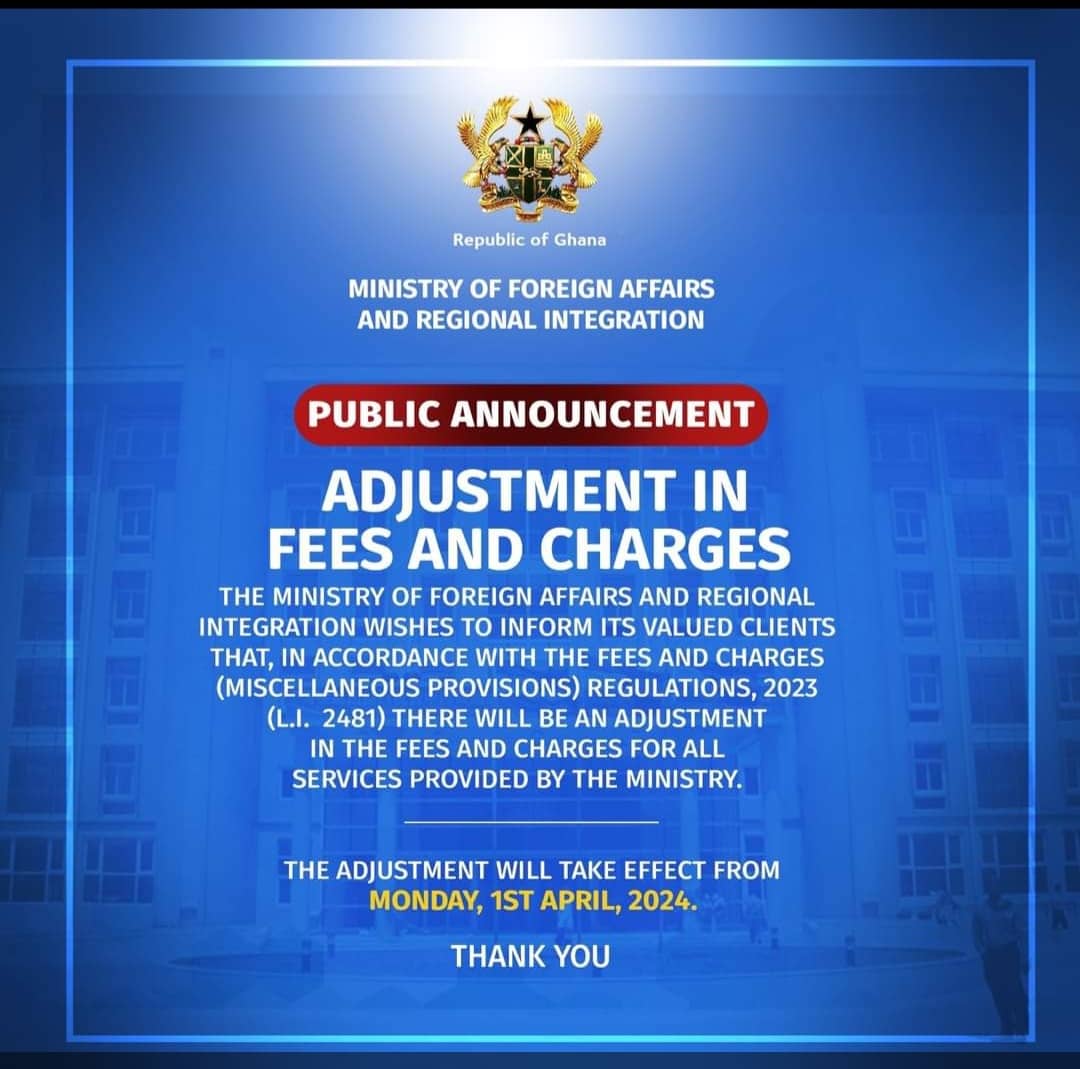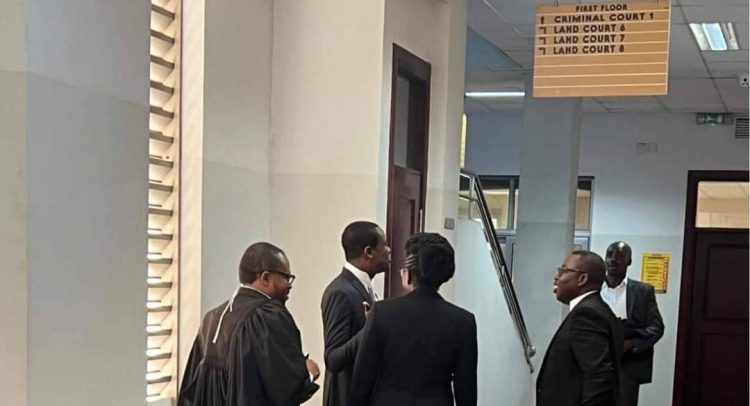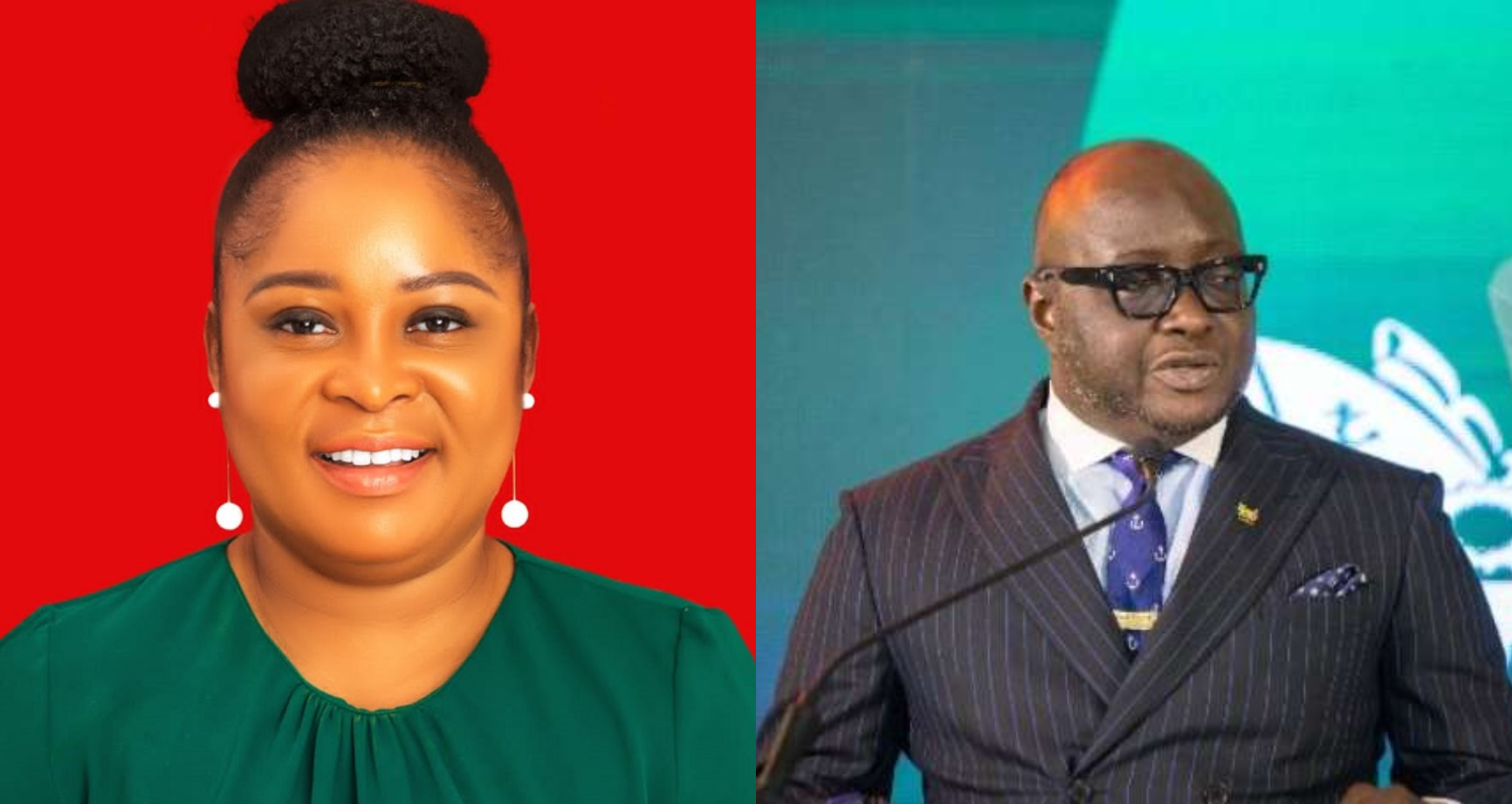
By Bernice Bessey
The Supreme Court, in a unanimous decision, has ordered the reassignment of a mandamus application case, initially presided over by Justice Rev. Fr. Joseph Adu Owusu Agyeman, to another judge.
This directive follows a legal challenge by the National Democratic Congress (NDC) against rulings in favor of the New Patriotic Party (NPP).
The five-member panel of justices, presided over by Justice Gabriel Scott Pwamang, emphasized that the decision was not predicated on any evidence of bias on the part of Justice Adu Owusu Agyeman. Instead, it was aimed at bolstering public confidence in the judicial process.
However, the Supreme Court ruled that Justice Adu Owusu Agyeman’s failure to grant the applicants a proper hearing contravened constitutional provisions under the 1992 Constitution. The court cited Article 23, which guarantees the right to a fair hearing, as the basis for its ruling.
High Court Orders Quashed
The Supreme Court quashed several orders made by the High Court regarding constituencies, including Okaiwei Central, Ablekuma North, Tema Central, and Techiman South. However, it upheld the orders concerning Ahafo Ano and Nsawam Adoagyiri.
This development arose from an application filed by Godwin Edudzi Tamakloe, Esq., Director of Legal Affairs for the NDC, challenging the High Court’s rulings.
Mr. Tamakloe argued that the judge had violated the applicants’ right to a hearing, citing procedural irregularities in the handling of the mandamus applications.
Key Findings
In its ruling, the Supreme Court criticized the High Court’s failure to accord the applicants the opportunity to file affidavits or make legal submissions in response to the mandamus applications.
The court stated, “The common law tradition holds the right to be heard as sacrosanct, and in this case, the applicants should have been granted the chance to present their case.”
The court referenced precedents, including the Hawa Yakubu case and decisions involving administrative bodies like the West African Examinations Council (WAEC), to underscore the constitutional significance of the right to a hearing.
“If that had been held to bind administrative bodies, how much more a court of law,” it said
Next Steps
The Supreme Court granted leave for the applicants to file affidavits and statements of case in response to the mandamus applications. The hearing has been expedited, with proceedings set to resume on December 31, 2024.
Reliefs Granted and Dismissed
The Supreme Court granted several reliefs sought by the applicants, including:
Orders quashing specific High Court rulings related to contested constituencies.
A directive to allow applicants to participate fully in the hearing process.
However, the court dismissed claims of bias against Justice Adu Owusu Agyeman, stating that insufficient evidence was provided to substantiate the allegations.
The post New judge takes over re-collation case appeared first on The Ghanaian Chronicle.
Read Full Story
















Facebook
Twitter
Pinterest
Instagram
Google+
YouTube
LinkedIn
RSS